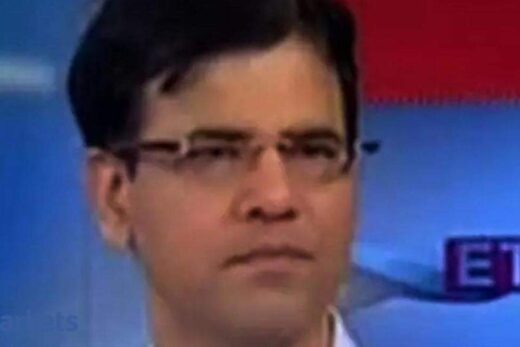“The Monetary Policy Committee (MPC) met on 5th, 6th and 7th April, 2021 and deliberated on current and evolving macroeconomic and financial developments, both domestic and global. The MPC voted unanimously to leave the policy repo rate unchanged at 4 per cent. It also unanimously decided to continue with the accommodative stance as long as necessary to sustain growth on a durable basis and continue to mitigate the impact of COVID-19 on the economy, while ensuring that inflation remains within the target going forward. The marginal standing facility (MSF) rate and the bank rate remain unchanged at 4.25 per cent. The reverse repo rate stands unchanged at 3.35 per cent,” said Shaktikanta Das, RBI Governor.
The central bank’s monetary policy committee cut rates by 135 basis points five times in the last year before halting the rate cuts due to growing concerns over inflation in December. Growth remains a concern for RBI as the second wave of Covid-19 pandemic is hitting the country. The resurgence of pandemic, rising oil prices and bond yields rising globally will be top thinking points for the MPC, experts believe.
“This seems like a mix of hawkish monetary policy and supportive market action. RBI’s concerns over inflation were clearly reflected in the governor’s statement. This along with the fact that the RBI has given up on the time based forward guidance to keep monetary policy accommodative, indicate that course of monetary policy could change sooner than expected. We expect that the RBI could start hiking policy rates towards end of this year,” says Pankaj Pathak, fund manager, Quantum Mutual Fund.
Fund managers also believe that maintaining inflation within target range will be challenging in this environment. Conducting large government borrowing with global yields rising adds to the challenge.
“On the other hand the commitment to buy government bond under the GSAP is a good move to support the long term bond yield. this will support long term bond yields in near term. But medium term trajectory will depend more on the policy outlook,” Pathak adds.
“I believe this is a very pragmatic policy. The uncertainty around infections is being non-measurable. It was prudent to be on the safer side. My sense is that the bigger part for the capital market is the g-sec acquisition program. It will be a huge breather for the market since you know you have an organic buyer. It will contain the g-sec yield volatility and it will also ensure orderly borrowing and that the interest rates remain stable. Overall it is a good policy. It has the push for the economy and the comfort for the market,” Akhil Mittal, fund manager, Tata Mutual Fund.
Fund managers believe that existing debt mutual fund investors need not change their strategy. The rally in long duration funds may be over and hence fund managers suggest investing in shorter- duration funds. “Investors should expect gradual rise in bond yields over medium term. We also expect very high volatility in interest rate going forward. Dynamic bond funds could be an option for investors with long time horizon and higher risk appetite. Conservative investors should stick to liquid funds,” says Pankaj Pathak.
“I believe that the rate cut cycle is behind us. So, short-durations funds or anything with 1-2 year duration is a good play. I would suggest conservative investors to go by their investment horizon and choose products accordingly,” says Akhil Mittal.



